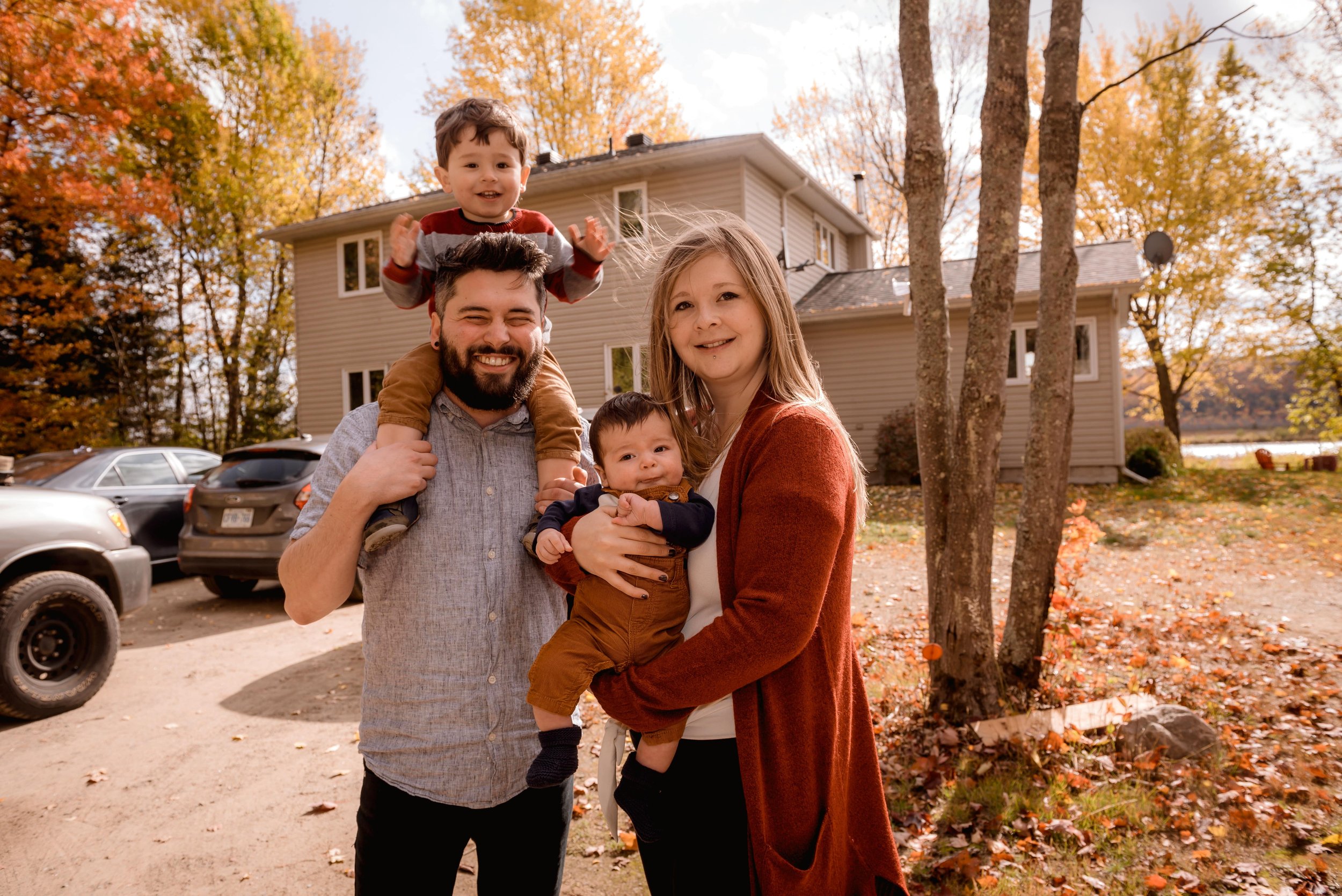
Estate Planning FAQs
What is estate planning?
An estate plan is comprised of documents that instruct how your property is to be managed and distributed throughout your lifetime and after your passing. Your property is always accessible to you and the ones you love, regardless of medical incapacity or death. If a medical emergency or death occurs, there won’t be a need to go to court to access bank accounts or real estate.
Is estate planning safe?
Yes. The documents we create are safe, secure, and legally binding. They will protect your assets such as bank accounts, investments, and real estate. You will always have complete control of your property. Your loved ones will only gain legal access to your property upon medical incapacity or death. Even then, though, your loved ones are legally bound to manage and distribute your property according to your wishes.
What happens if you don’t have an estate plan?
The State of California has already essentially codified an estate plan for you in the Probate Code. However, it may not be one you’d like. The court will impose its will on your loved ones, despite what you may have wanted. This default system (generally referred to as “going through ‘Probate’”) is very expensive, stressful, and time consuming. The court may also not adequately protect your estate from paying costly estate taxes, from minimizing estate administration costs, nor protect your loved ones in the way you would see fit.
What is going through Probate like?
If you fail to plan correctly, the probate court will administer the distribution of your property. Everything you own may be completely untouchable while the matter is pending in court, which could take months or even years. All your debts and obligations will be thoroughly analyzed by lawyers, accountants, judges, and appraisers, which could cost thousands.
Legal proceedings are also open to the public, so your private affairs will be accessible to everyone. Anyone you allegedly owe money to may also take part in legal proceedings to seek reimbursement by your estate. Your heirs could also fight among themselves as to the distribution of your property. Certain individuals may get everything you own, whereas those who may be more deserving, may get nothing. For most people, this process is a nightmare.
Does having a will by itself prevent legal proceedings?
No. First, if there is a severe medical emergency, a will won’t allow others to make financial or medical decisions on your behalf without court intervention. Second, even if a person dies with a will, the person’s assets must still be probated in court, which could cost tens of thousands of dollars and take months, if not years, to resolve. In that time, your loved ones may not have access to your liquid accounts nor sell your real estate.
What is “generational wealth”?
Wealth is usually made through generational transfers. Each successive generation builds on the wealth of the previous generation.
What’s the connection between estate planning and generational wealth?
If there is a severe medical emergency or you pass away without having a plan in place, your loved ones may face complicated and expensive obstacles in court. They could spend tens of thousands of dollars hiring attorneys and other professionals to obtain legal title of the property you left behind.
What about child custody?
If neither parent can care for minor children because of death or incapacity and if no legal arrangements are in place, the court will decide child custody without ever having known your wishes. You may prefer a specific pair of grandparents, a sibling, or a family friend to serve as a guardian of your children.
There are often disagreements between grandparents or other relatives, on both sides of the family, as to guardianship. Often, relatives live in different cities and want the children to move, which can increase the risk of going to court. If there are custody disagreements, court proceedings could be prolonged. Far too often, children are severely emotionally impacted by a tumultuous, confusing, and protracted transition.
How can we avoid going through Probate?
You can avoid or limit court involvement in your personal affairs by having an estate plan and a revocable living trust.
What is a revocable living trust?
A revocable living trust allows you to control all your assets during your lifetime and will let you leave what you want, to whom you want, in the way you want.
Can you revoke or change a trust after you’ve made one?
Yes. The trust is “revocable,” which allows you to revoke or amend it, in whole or in part, until you are no more. After you pass away, your final wishes must be carried out pursuant to your instructions.
Will I need to update my estate plan every time I buy or sell something?
No. We prepare revocable living trusts that are specifically crafted with your convenience in mind. Our estate plans are flexible and you can buy or sell property without having to amend your estate plan each time. We will teach you how to manage, buy, sell, or encumber property under your trust.
What other documents are included in an estate plan?
Our estate plans cover a wide range of scenarios that could leave your loved ones vulnerable. Each document has its own function. Documents may include trusts; certificates of trust; wills; financial powers of attorney; healthcare powers of attorney; transfer deeds; funding memoranda; personal property memoranda, and others.
Is it okay to do an estate plan later?
There is no benefit to wait, but there is significant risk to you and your loved ones if you do wait. Some benefits to implementing an estate plan now are the following: (1) Creating one now will put any worries to rest. Your estate plan can easily and inexpensively be amended later, as circumstances change. (2) Unfortunately, tomorrow is not promised to anyone, and if an emergency occurs, there may not be enough time to craft an estate plan for you. (3) Hastily putting an estate plan together is very stressful and may lead to significant mistakes or omissions. There is no benefit to wait and doing so would be a very risky gamble.
What about medical emergencies?
If someone is either temporarily or permanently incapable of making financial, medical, or other personal decisions and no planning has taken place, the courts may appoint a guardian or conservator. Guardianship, also known as conservatorship, is a legal relationship wherein one adult is given the decisional power and authority over another adult. The estate plans we prepare will ensure your loved ones do not need a court order to make financial, medical, or other personal decisions on your behalf.
Aren’t there templates available or cheap services?
There are certainly inexpensive alternatives out there, but you get what you pay for. An estate plan encompasses your whole life: everything you currently own and will ever own for the rest of your life. It also involves your family’s emotional well-being. Can you confidently say that an online template or cheap service will work as intended?
Estate planning is a detail-oriented field and an attorney should be involved in your planning. Rushed, cheap, and Do-It-Yourself services often overlook important issues or impose terms that are not applicable nor favorable to you. Experienced attorneys spend quality time with clients to ascertain their specific needs and goals. We have encountered far too many poorly prepared estate plans that had very little attorney interaction. Many times, these badly prepared plans only make matters worse.
Choose the right estate plan for you














